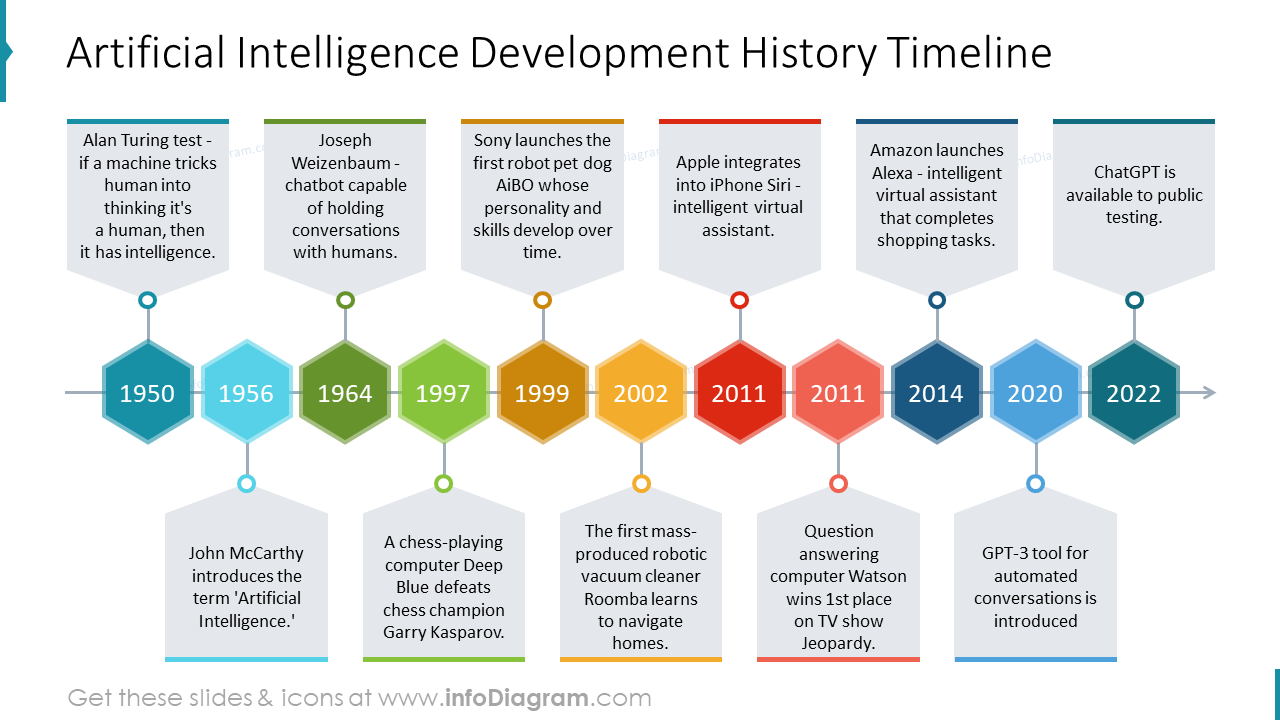The buzzing sound of mottos fill up the otherwise neat Kigali streets as I keenly observe from inside the office. Another curious soul wanders in, seemingly puzzled as to what I’m working on. And just as I begin forming an explanation, I pause, realizing how different my answer is going to be today compared to just a few months ago.
The journey that brought me here is a testament to how rapidly our field evolves – and how the most meaningful careers often emerge from unexpected turns.
Rediscovering AI’s Soul
But what is an AI Engineer, really? Not long ago, I would have launched into a well-rehearsed spiel about machine learning, deep nueral networks, and data science in general. These were the technologies that seemed to define AI for the past decade. But as I peered closer into its origin, I discovered something fascinating: AI’s true essence extends far beyond prediction and inference.
While the last decade spotlighted the mathematical brilliance of machine learning, it somewhat overshadowed AI’s other vital dimensions: the deep domain knowledge of expert systems, the nuanced decision-making of autonomous agents, and most importantly, the art of natural human interaction.
 Credit: infoDiagram
Credit: infoDiagram
When ChatGPT was announced just over 2 years ago, suddenly the sci-fi dreams that first drew many of us to technology seemed within reach: computers that could truly converse, understand context, and perhaps even fall in love :) Not only would AI make its much anticipated grand entrance onto the mainstream, so would new specializations for working with the models that powered it. Specializations like the AI Engineer.
And so today, I’m quick to make the marked distinction between AI Engineering (that is applying AI to Software Engineering) and ML Engineering or Research Engineering - the latter two being more focused on the development and deployment of machine learning models.
The Unexpected Detour That Changed Everything
My journey into AI actually started way back in 2014, though I didn’t know it at the time. Imagine me, a fresh IT graduate from Poly, having just landed my dream job as a software engineer at a top Bank. Then, boom, I receive an email saying the MEng scholarship I applied for has been awarded 🎉.
The only problem: I don’t know what to specialize in! “Why not explore NLP for Chewa?” Edmond asks, referring to our native language spoken across Malawi and Zambia.
What I didn’t know then is that my mentor wasn’t simply referring to an academic pursuit. He was hinting towards the preservation of an entire culture.
Languages like mine, by virtue of being under-resourced, face digital extinction in this increasingly connected world.
Armed with more enthusiasm than expertise, I dove into the challenge of creating a text-to-speech system for Chewa.

Looking back, I smile at our “rudimentary” approach – statistical models and hidden Markov chains that seemed cutting-edge at the time. Working with limited computing power (at that time) and an almost non-existent corpus, I spent countless hours recording speech samples, creating transcriptions, and wrestling with the fundamental challenge of encoding a language that didn’t even have a standardized phonetic alphabet.
From Language to Legacy
The path from that initial research to my current role wasn’t linear. Each position I held – from the Ministry of Health’s digital initiatives to serving one million farmers at One Acre Fund – added another piece to the puzzle. But it was an intriguing job posting at Irembo that finally brought everything into focus.
Irembo’s pitch was audacious: to leverage AI and voice technology to serve Rwanda’s 14+ million citizens, many of whom live in areas where smartphones and internet access are luxuries. They weren’t just building another chatbot – they were reimagining how technology could serve people on their own terms, through their own languages.
Crafting Tomorrow’s Technology with Yesterday’s Wisdom
Today, as I lead AI initiatives at Irembo, we’re building something that goes beyond traditional eGovernment Platforms. We’re creating systems that can converse fluently in Kinyarwanda, handle complex service requests autonomously, and bridge the digital divide through simple voice calls.
What excites me most is how we’re merging cutting-edge technology with Africa’s rich oral traditions. In many ways, we’re returning to AI’s original promise: technology that adapts to humans, not the other way around. We’re proving that the future of technology doesn’t have to mean abandoning cultural heritage – instead, it can help preserve and amplify it.

Every morning, as I walk into our office in Kigali, I’m reminded that becoming an AI Engineer wasn’t just about learning new technologies – it was about finding a way to serve my community through technology. In the end, that’s what being an AI Engineer in 2024 means to me: using the power of artificial intelligence not just to predict or compute, but to preserve, protect, and empower.
Want to dive deeper into this journey? My research thesis on Chewa text-to-speech synthesis is available upon request. Connect with me on X or via email to learn more.
